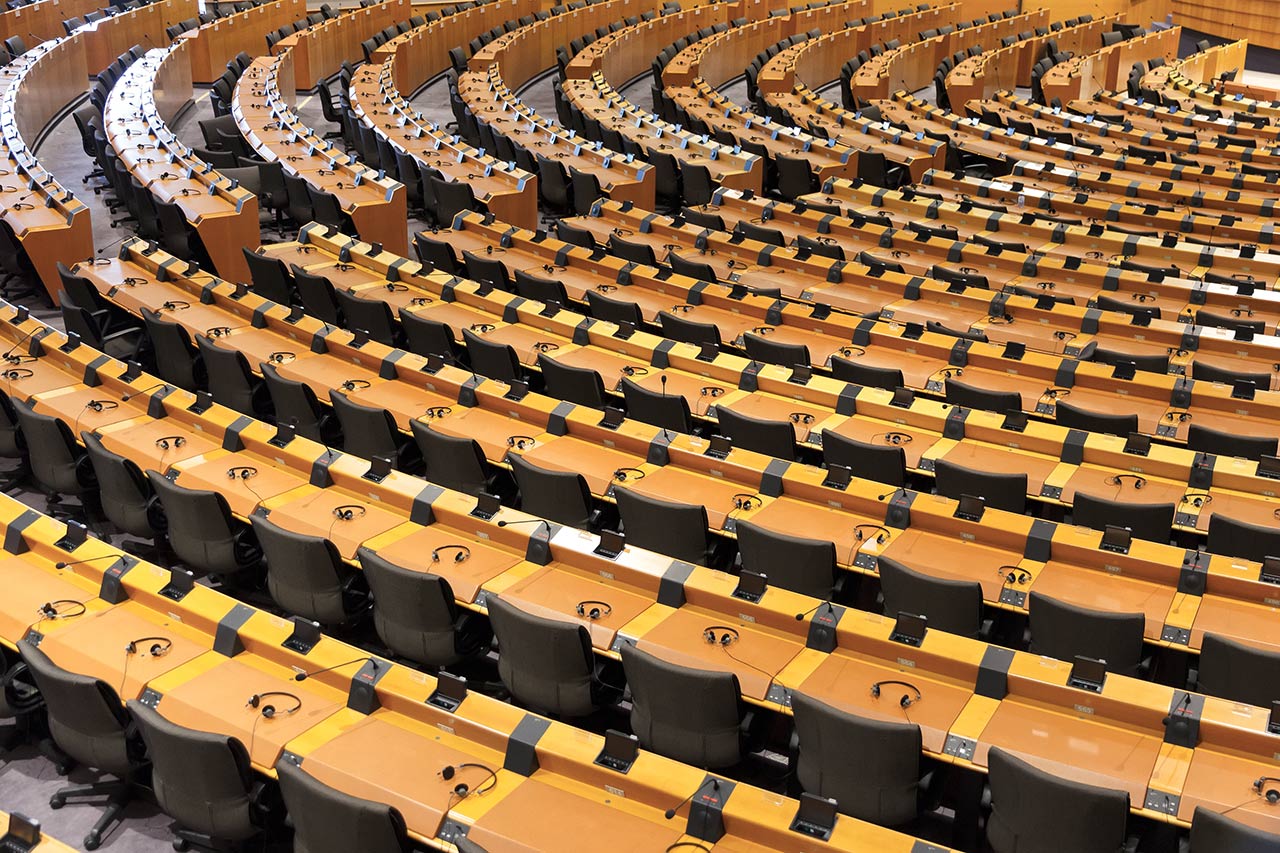Marxism and the Mass Media
A short answer detailing Marxist ideas on the relationship between ownership and control of the mass media
Question
Assess Marxist ideas on the relationship between ownership and control of the mass media
Answer
The traditional Marxist approach to the mass media and its concentrated ownership at the hands of a minimal number of corporations argues that it allows the owners to control media output and influence the ideas and ideologies that given to the public, often to the benefit of the ruling classes interests. The Marxist approach believes that mass media is little more than an instrument for the ruling class to control the beliefs and thought processes of the mass populace. Marxists argue this because they believe that while owners have influence and direct access to media content, they will use this to directly control what is and isn’t broadcast to the masses. This can often lead to direct interference within media content, leaving stories warped and one sided. Media owners will often use their influence to spread their ideas and ideologies, which will often justify the power and position of the ruling class. Examples of this would include British newspapers such The Guardian, that has a clear left wing agenda, and The Sun, which contains a clear right wing bias.
As well as this while managers and journalists may have their own ideologies that they may want to broadcast to the masses fear of job loss and opposing the wishes of their superiors is likely to mean that they simply tow the party line and broadcast media that is in line with their owner’s beliefs rather than challenge the authority of those above.
This theory does assume the audience is one of a passive nature that simply consume media messages without thought, this can be explained via the hypodermic syringe model that assumes that ideas that are transmitted in the mass media are products that are automatically injected into the minds of the audience and simply taken as truths. This theory suggests the audience is simply a passive recipient rather than free thinking individuals.
